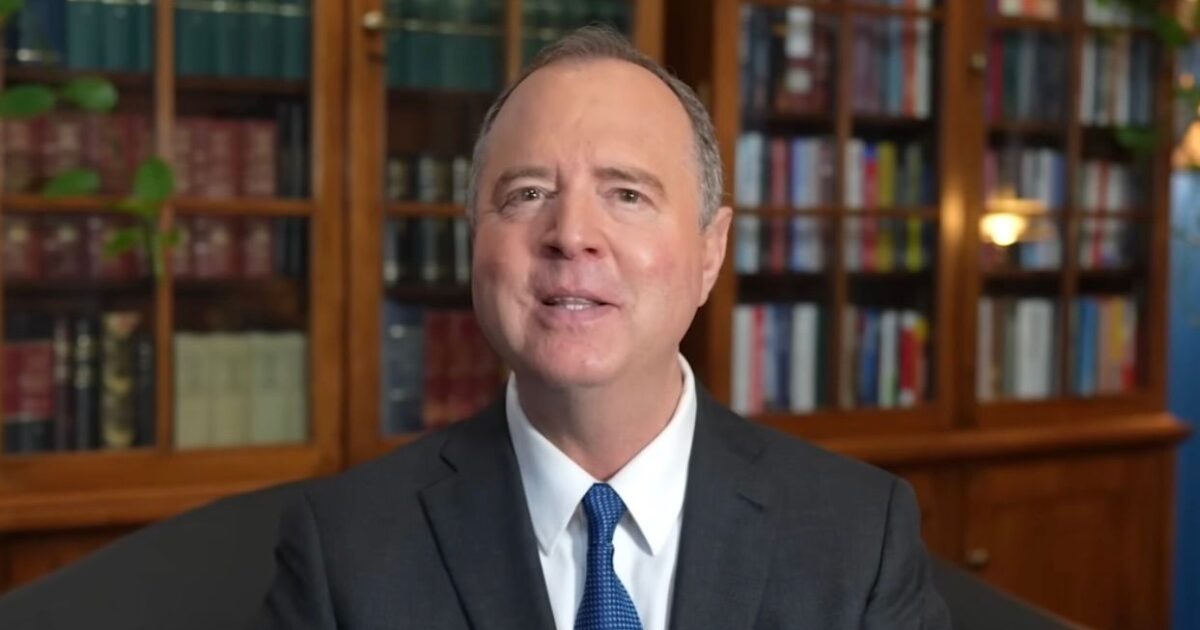U.S. Senator Adam Schiff was among the many Democrats who voted to pass the stablecoin bill last week, but as the Senate moves on to legislation establishing regulations for the wider U.S. crypto markets, Schiff has introduced another effort to ban President Donald Trump and other top government leaders from issuing or sponsoring cryptocurrencies.
The California Democrat’s legislation joins at least four other bills that similarly seek to block senior government officials and lawmakers from taking a direct hand in crypto businesses.
Such concerns arose during the debate over the Guiding and Establishing National Innovation for U.S. Stablecoins (GENIUS) Act, and for a brief time, the bill was halted over this and other concerns from Democrats who otherwise favored the legislation. Some have argued that the better place to argue contentions of government corruption is in the market structure bill that’s at the heart of what the sector is seeking in Washington.
Schiff’s new bill, known as the Curbing Officials’ Income and Nondisclosure (COIN) Act, would — like others before it — prohibit the president, vice presidents, members of Congress and other significant government officials “from issuing, sponsoring, or endorsing digital assets, including meme coins, NFTs, or stablecoins” during their service, and for two years after it.
“President Donald Trump’s cryptocurrency dealings have raised significant ethical, legal and constitutional concerns over his use of the office of the presidency to enrich himself and his family,” Schiff said when he introduced the bill, also backed by at least four other Senate Democrats.
The crypto industry’s leading political action committee, the Fairshake super PAC, spent more than $10 million dollars to oppose Schiff’s chief Democratic opponent in his successful run for the Senate last year. He’s been stamped with an A grade for being strongly supportive of digital assets policy by advocacy group Stand With Crypto.
To succeed, any crypto bill needs significant support from Senate Democrats to bolster the reliable favor of almost all the Republicans in that chamber. Schiff is among the 18 Democrats who came out in favor of the GENIUS Act.
He’s not the only crypto ally in Congress looking askance at the president’s family connections to tens of millions in disclosed digital assets profits. Representative Ritchie Torres, a New York Democrat, is among the most vocal supporters of crypto in the House of Representatives, and he introduced a bill last month that’s broadly in line with what Schiff is pursuing.
Similar legislation has also been introduced by other Democrats, including Senator Chris Murphy of Connecticut; Representative Maxine Waters, the ranking Democrat on the House Financial Services Committee; and Representative Sam Liccardo of California. Such bills are highly unlikely to progress in the Republican-controlled Congress, though their supporters may seek to insert them in other legislation, such as the crypto industry’s other legislative priority.
In the past few years, President Trump transitioned from crypto skeptic to digital assets entrepreneur, launching waves of non-fungible tokens (NFTS), a self-branded memecoin and backing World Liberty Financial’s various crypto efforts, including its own stablecoin. Trump has said repeatedly that he’s eager to sign significant crypto legislation to secure the U.S. as an industry leader. Many Democrats, however, object to his own family standing to profit from the policies Trump’s administration would write.
Read More: Trumps May Have Sold Platform Stake as U.S. Stablecoins See Wave of Good News




